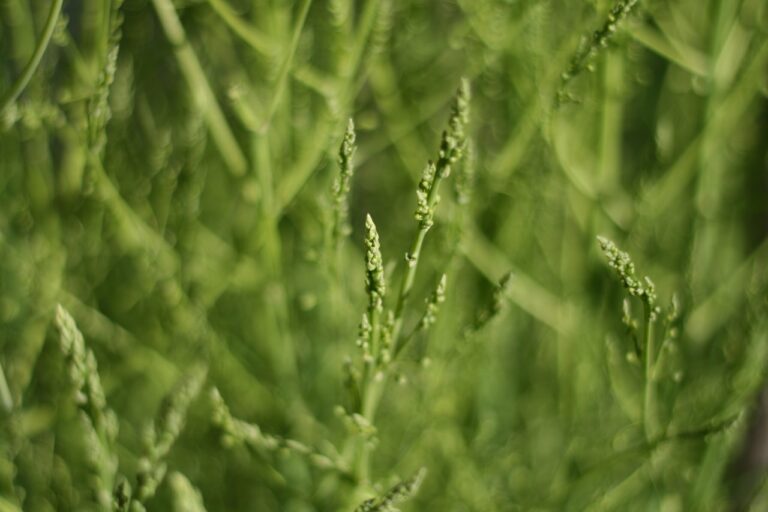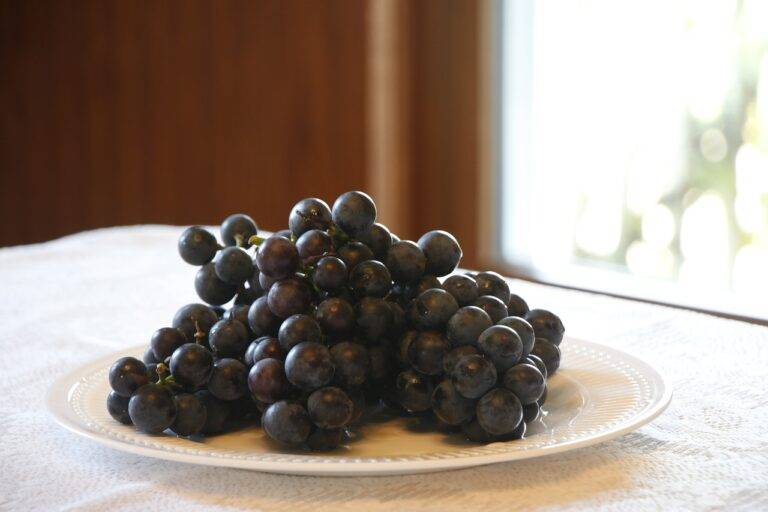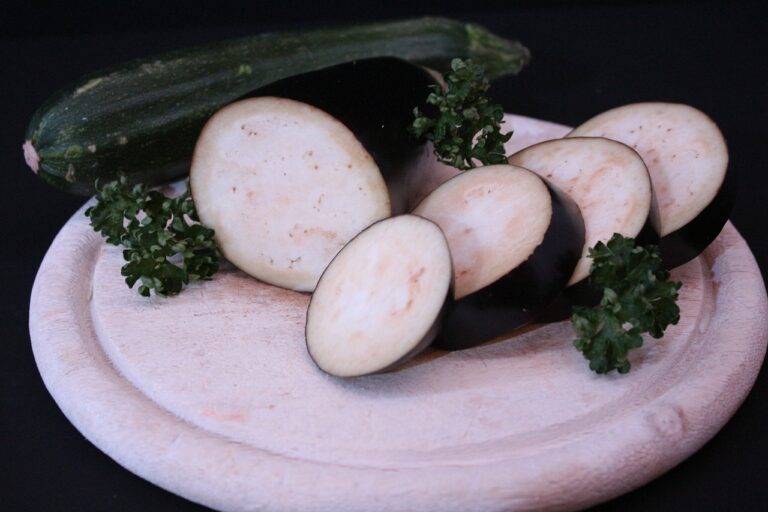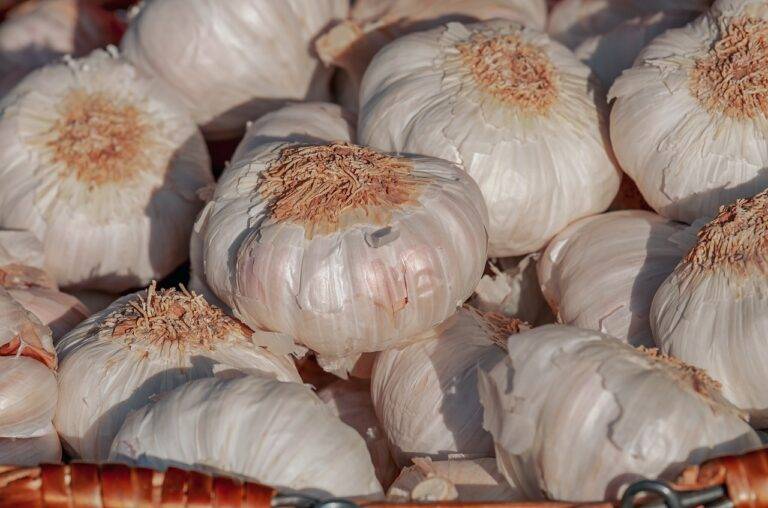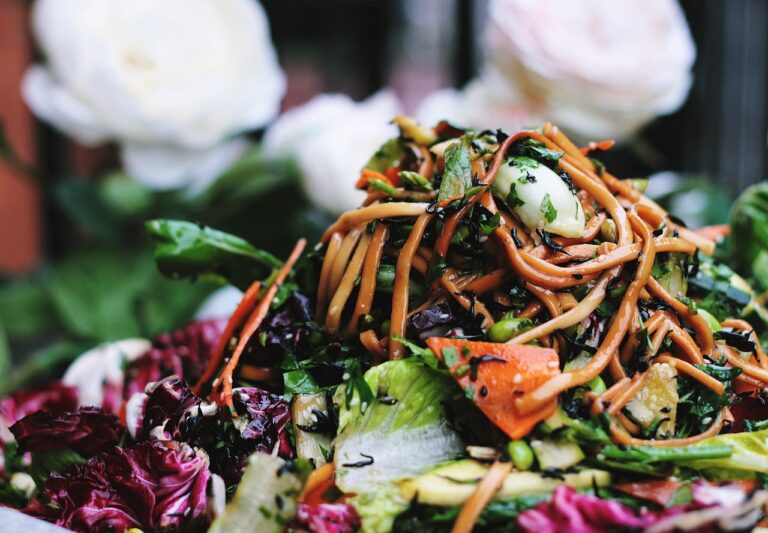The Potential of Pumpkin Seed Protein in Protein Bar Formulations: Laser247. com cricket, Lotus365 vip login, Sky247
laser247. com cricket, lotus365 vip login, sky247: Protein bars have become a popular snack choice for many people looking to increase their protein intake on the go. With so many protein bar options available on the market, it can be challenging to find one that meets your dietary preferences and tastes great. Pumpkin seed protein is a nutritious plant-based protein that shows great promise in protein bar formulations. In this article, we will explore the potential of pumpkin seed protein in protein bar formulations and why it could be a game-changer for the industry.
What is Pumpkin Seed Protein?
Pumpkin seed protein is derived from pumpkin seeds, which are rich in nutrients like magnesium, zinc, and antioxidants. Pumpkin seed protein is a complete protein, meaning it contains all nine essential amino acids that the body cannot produce on its own. This makes pumpkin seed protein an excellent plant-based protein option for those looking to boost their protein intake.
The Benefits of Pumpkin Seed Protein in Protein Bars
1. Nutrient-Rich: Pumpkin seed protein is packed with essential nutrients like magnesium, zinc, and antioxidants, making it a wholesome protein source for protein bars.
2. Complete Protein: As a complete protein, pumpkin seed protein provides all nine essential amino acids needed for optimal health and muscle growth.
3. Plant-Based: Pumpkin seed protein is a plant-based protein option that is ideal for vegans, vegetarians, or anyone looking to reduce their intake of animal products.
4. Allergen-Free: Pumpkin seed protein is free from common allergens like dairy, soy, and gluten, making it a safe option for those with food sensitivities or allergies.
5. Digestibility: Pumpkin seed protein is easily digestible, making it a gentle protein source for those with sensitive stomachs.
6. Sustainable: Pumpkin seeds are a sustainable crop that requires minimal resources to grow, making pumpkin seed protein an environmentally-friendly protein option.
How Pumpkin Seed Protein Can Enhance Protein Bar Formulations
1. Improved Texture: Pumpkin seed protein has a smooth texture that can help improve the overall mouthfeel of protein bars, making them more enjoyable to eat.
2. Enhanced Nutrition: Pumpkin seed protein adds essential nutrients to protein bars, bolstering their nutritional profile and making them a more wholesome snack option.
3. Plant-Based Appeal: With the growing demand for plant-based protein options, protein bars containing pumpkin seed protein can attract a wider audience of health-conscious consumers.
4. Allergen-Friendly: Protein bars made with pumpkin seed protein are free from common allergens, making them a safe snack choice for individuals with food sensitivities or allergies.
5. Sustainable Sourcing: Choosing pumpkin seed protein for protein bar formulations supports sustainable agriculture practices and promotes environmental stewardship.
6. Versatile Flavor Profile: Pumpkin seed protein has a mild, nutty flavor that can complement a variety of ingredients, allowing for endless flavor possibilities in protein bar formulations.
Tips for Incorporating Pumpkin Seed Protein into Protein Bar Formulations
1. Experiment with Different Ratios: Start by adding small amounts of pumpkin seed protein to your protein bar recipes and gradually increase the ratio to find the perfect balance of texture and flavor.
2. Blend with Other Plant Proteins: Combine pumpkin seed protein with other plant-based proteins like pea or rice protein to create a well-rounded amino acid profile in your protein bars.
3. Use as a Binding Agent: Pumpkin seed protein can act as a natural binding agent in protein bar formulations, helping to hold ingredients together and maintain the bar’s shape.
4. Customize Flavors: Get creative with flavor combinations by adding ingredients like cinnamon, cacao powder, or dried fruits to enhance the taste of pumpkin seed protein in your protein bars.
5. Consider Texture: Be mindful of the texture of your protein bars when incorporating pumpkin seed protein, as it can affect the overall mouthfeel of the bars.
6. Opt for Organic: Choose organic pumpkin seed protein to ensure a high-quality, pesticide-free product for your protein bar formulations.
FAQs
Q: Is pumpkin seed protein suitable for individuals with nut allergies?
A: Yes, pumpkin seeds are not classified as tree nuts and are safe for individuals with nut allergies to consume.
Q: How does pumpkin seed protein compare to whey protein in terms of muscle building?
A: While whey protein is known for its quick absorption and muscle-building properties, pumpkin seed protein can still effectively support muscle growth due to its complete amino acid profile.
Q: Are there any potential side effects of consuming pumpkin seed protein?
A: Pumpkin seed protein is generally well-tolerated, but some individuals may experience digestive discomfort if consuming large amounts due to the fiber content in pumpkin seeds.
Q: Can pumpkin seed protein be used as a meal replacement in protein bars?
A: While pumpkin seed protein can provide a substantial amount of protein, it is essential to ensure that your protein bars contain a balanced mix of nutrients to serve as a meal replacement.
In conclusion, pumpkin seed protein shows great potential in protein bar formulations due to its nutrient-rich profile, complete amino acid composition, and plant-based appeal. By incorporating pumpkin seed protein into protein bars, manufacturers can offer consumers a sustainable, allergen-friendly, and delicious snack option that supports their health and fitness goals. Experiment with different ratios, flavors, and textures to create protein bars that harness the power of pumpkin seed protein and stand out in the crowded protein bar market.


